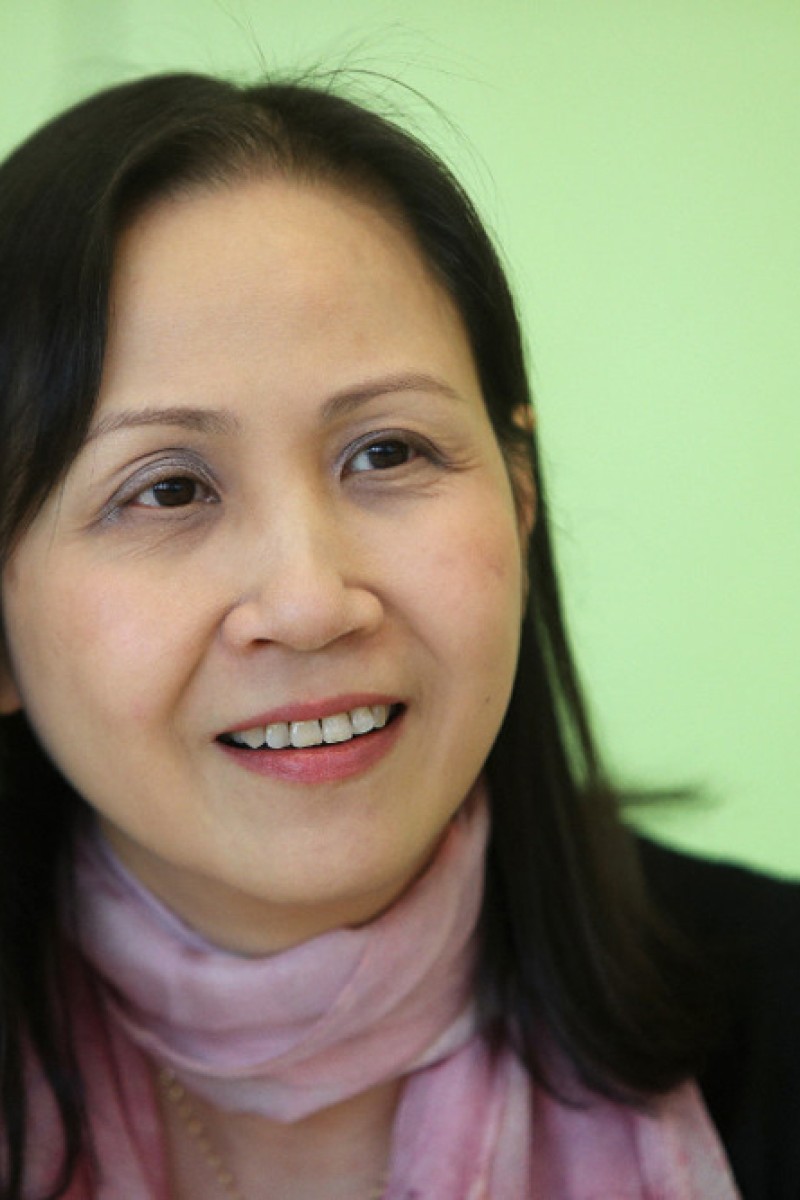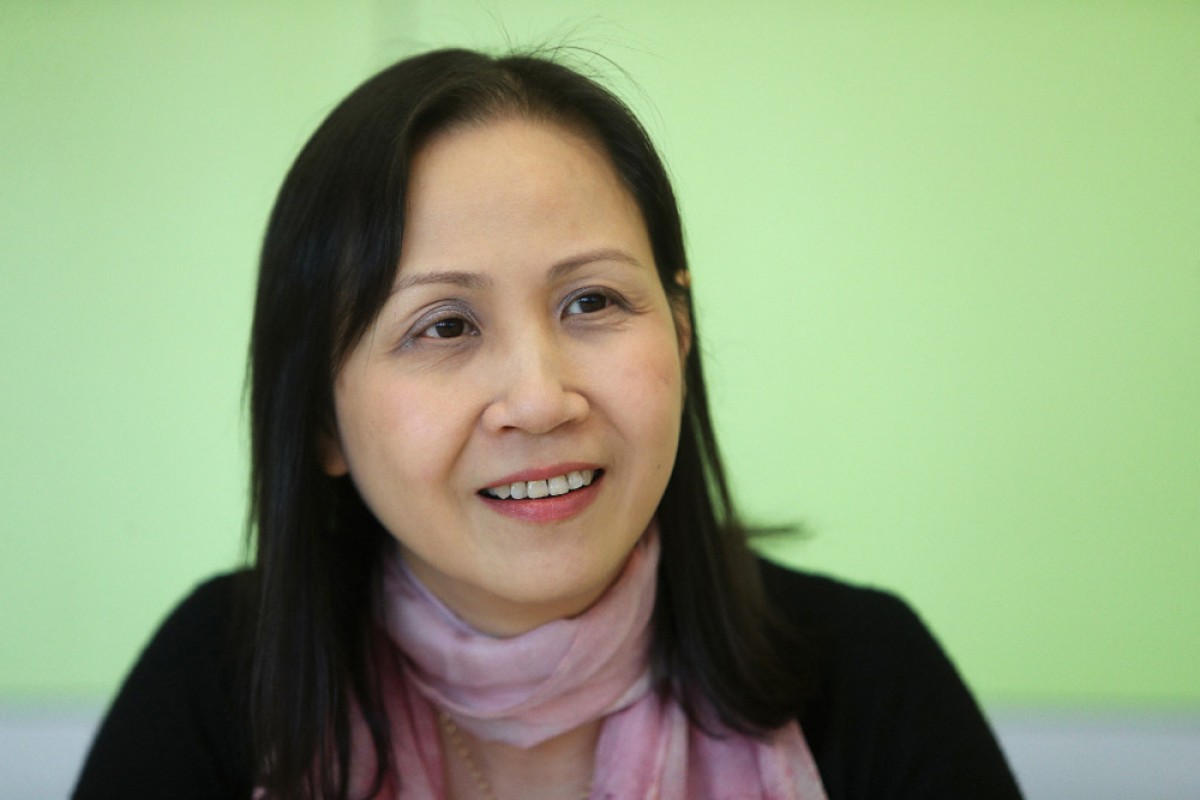
SOTY 2017: attitude trumps academics, says Scientist and Mathematician judges
This year’s judges for the Scientist & Mathematician category want to see candidates who learn from experience, in addition to textbooks
 Paulina Chan, Director of the Hong Kong Science Museum, wants you to present science as something fun.
Paulina Chan, Director of the Hong Kong Science Museum, wants you to present science as something fun.Sometimes, attitude counts for more than academic results.
Excellent grades in science and maths subjects may seem like a given for this year’s finalists in the Student of the Year (SOTY) – Scientist & Mathematician category – but that isn’t all the judges are looking for.
According to this year’s judges – Albert Wong Hak-keung, Paulina Chan Shuk-man, and Chua Kong-ho – a true scientist or mathematician must also be curious, forward-thinking and daring.
Students need to show a “genuine interest in finding solutions to problems”, said Chan, the new Director of the Hong Kong Science Museum. Being able to present ideas clearly is also crucial, she added. The winner should be able to “explain abstract theories in simple terms” and “present them as something fun” to “arouse the public’s interest” in science and mathematics.
Like Chan, Wong believes good communication skills are important. Candidates need to “present their ideas in a concise and precise way”, he said. They should also be prepared for challenging questions from the judges, the Chief Executive Officer of the Hong Kong Science & Technology Parks Corporation said.
Chua, the Technology Editor of South China Morning Post, said he’d love to meet students who have a “strong sense of curiosity” and who aren’t afraid to “push [their] limits”.
What makes a candidate stand out from the crowd, he added, was the willingness “to take risks and go against conventional wisdom”.
Chan agrees. She’s looking for someone with “innovative ideas”, she said. In particular, candidates need to be able to apply their innovation to real-world issues. It isn’t all about textbook smarts; the SOTY awards recognise students who want to use their knowledge and skills to make a difference and contribute to society.
The judges admitted that they are asking a lot of candidates. But, as Wong explained, the awards will help prepare students for the “difficult journey” of being a scientist or a mathematician. It’s important, he said, to “be able to face and overcome challenges and hold on to [your] aspirations and dreams”.
Wong added that the awards will encourage students to think creatively and critically, as well as relate their skills in maths and science to “a wide range of issues in daily life”.
While the judges’ high expectations may have candidates panicking, Chan assured Young Post that ultimately, participants simply need to relax and be themselves.
“Don’t stress too much about the competition,” Chan advised. “The more anxious you are, the more likely that it will have a negative effect on your performance,” she explained. The best way for students to prepare, she said, is to “familiarise themselves with their areas of interest”.
Chua’s top tip for candidates, meanwhile, is to follow what interests you the most, but think how you can make something new out of it.
“Don’t replicate what is already out there, and don’t try to second-guess what the judges will like,” he said. After all, the judges don’t want candidates to tell them what other scientists and mathematicians think; they want to hear the students’ original ideas.
“The candidates should aim to gain a world vision,” said Wong.
Win or lose, getting the chance to talk about what you love is bound to be a positive experience.
“Even if you didn’t succeed in SOTY,” Chan said, “at least you [had the opportunity to] convey your passion to the judges.” In the future, she said, she’ll be sure to keep an eye out for anyone who had impressed her during the contest.
The Student of the Year Awards competition is organised by South China Morning Post and Young Post and sponsored by The Hong Kong Jockey Club
Edited by Charlotte Ames-Ettridge
